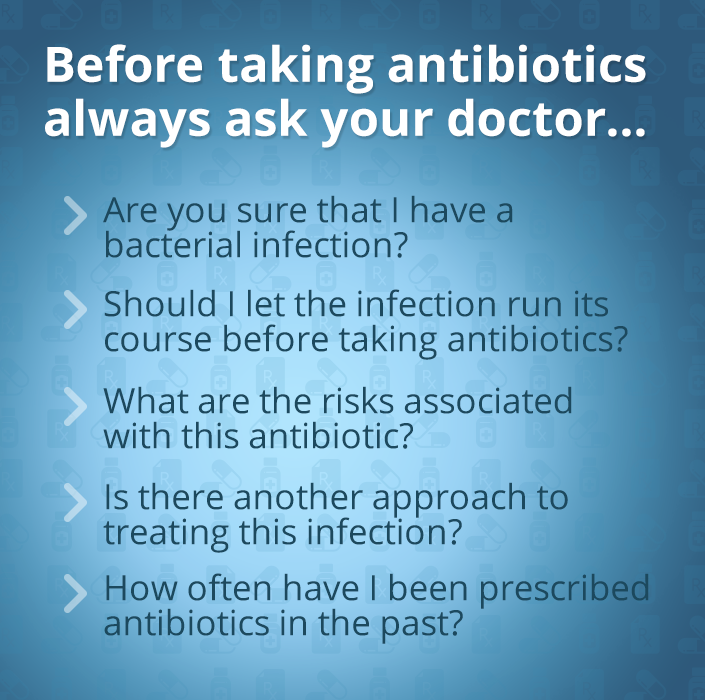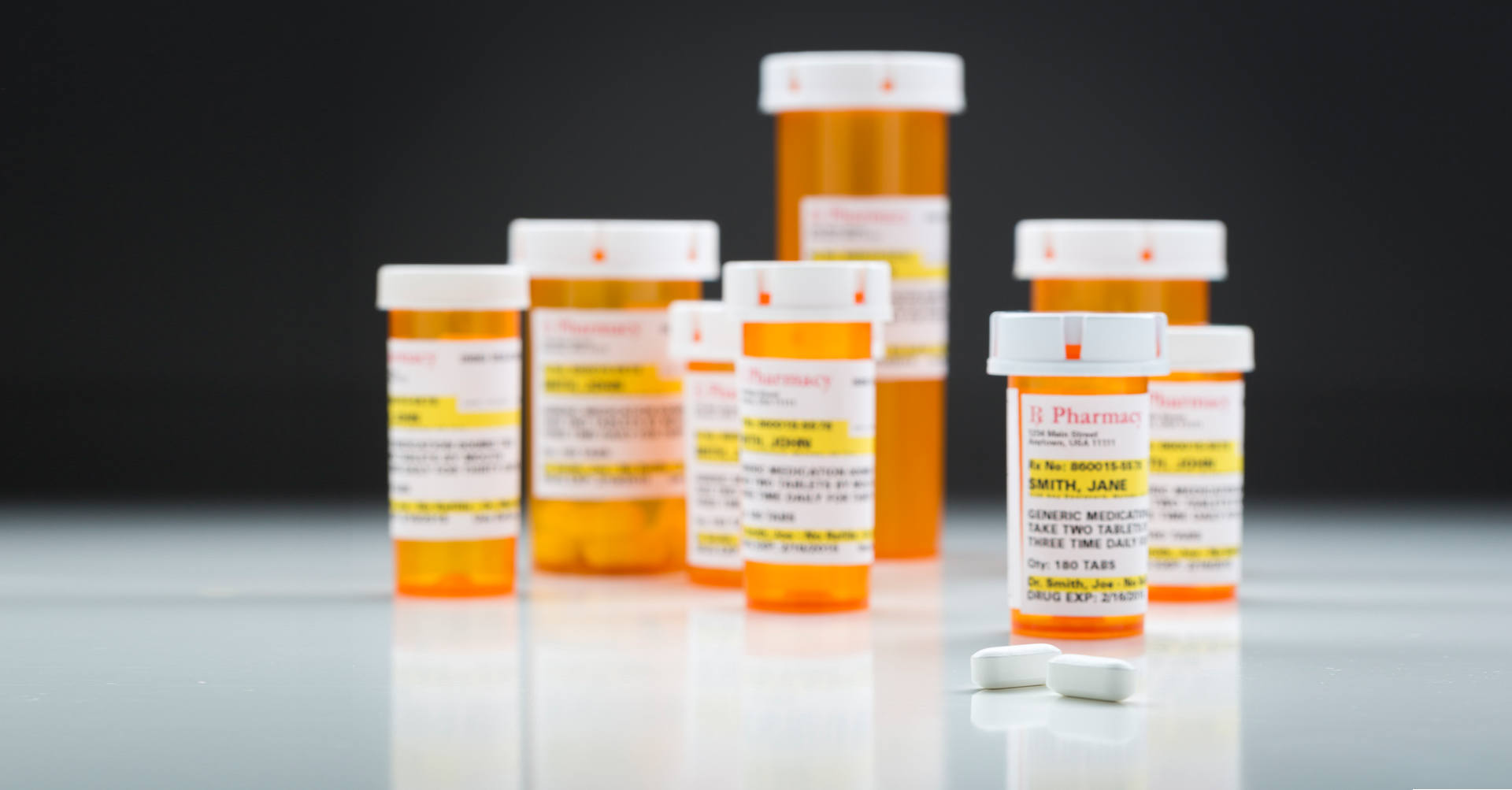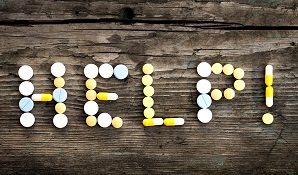A hundred years ago, an infected wound or infectious illness was very often a death sentence. Then Alexander Fleming discovered the antibacterial properties of penicillin, and medicine was revolutionised. Antibiotics have saved countless lives, but now, 90 years on, those live-saving properties are under threat. Antibiotics are being overprescribed and overused to the extent that they are no longer working. Already, The Guardian reports that around 700 000 people die each year around the world from drug-resistant infections. And the situation is getting worse.
Antibiotics are often believed to be a magic medicine that fixes everything, but overusing them can be harmful.
We spoke to Dr Adrian Brink, a clinical microbiologist with Ampath, about the dangers of overusing antibiotics, and what we, as patients, can do about this.
What is antibiotic resistance?There have been many media headlines about the rising threat of “antibiotic resistance”. But what is it? When a bacteria has been exposed very often to an antibiotic, it becomes resilient to it – so the antibiotic no longer works to kill it. The more we use antibiotics, and the more we use them inappropriately or when they are not needed, the more resistant bacteria become.
If new kinds of antibiotics, or new ways of treating bacterial infections are not discovered, this could ultimately mean that these infections could kill 10 million people a year by 2050, and life-saving medical procedures like organ transplants, hip replacements, caesareans and chemotherapy could become too risky to perform.
Other risks of overuse of antibioticsDr Brink says that antibiotics serve a particular purpose and should not be taken incorrectly (see below for advice on correct use). Other risks associated with overuse of antibiotics include:
- An imbalance in your gut flora, which means that bad gut bacteria could flourish. This could put you at risk of obesity, inflammatory bowel disease, nervous system disorders, depression and anxiety.
- A small risk of serious complications or side-effects, including damage to the heart, tendons or nerves, or the development of a rash.
Do you need an antibiotic?Dr Brink explains that antibiotics only work on illnesses caused by bacteria. They don’t work on viruses. “You shouldn’t take antibiotics just in case you have a bacterial infection,” says Dr Brink. “You should only take it when a doctor is fairly certain you have such an infection.”
Wait and see with colds and flu…
When you get a sore throat and a runny nose, it’s not easy to tell whether the infection is viral or bacterial. Even doctors struggle to distinguish between them in the early stages! So quite often, antibiotics are mis-prescribed for respiratory infections. For this reason, Dr Brink says that the best approach is to obtain a “delayed antibiotic script” and allow an infection to run its course for 72 hours.
If it’s viral chances are that the body’s natural immunity will have started to work after 72 hours, and the patient will be feeling somewhat better by then, and can throw the script away. Dr Brink says that you may develop a post-nasal drip and start to cough, and this can take up to three weeks to clear up. This does not mean you have developed a bacterial infection.
If it’s bacterial infection, after 72 hours the patient will probably be feeling worse, and an antibiotic will be indicated, so the script can be used.
Myth busting! Dr Brink says that the belief that green or yellow mucus or a high fever are indicators of a bacterial infection is wrong. This belief is contributing to the overuse of antibiotics. You can have both sets of symptoms with both viral and bacterial infections, so rather use the 72-hour method outlined above to assess your need for antibiotics.
But don’t wait if...
Antibiotics are prescribed right away for a strep throat (which can lead to heart complications), urinary tract infections, whooping cough, and other very specific bacterial infections. Dr Brink says that if your doctor recommends starting an antibiotic right away for one of these, do not delay the start of your prescription. Always discuss your plans with your doctor and hear what they have to say.
Advice for taking antibioticsIf you and your doctor believe you should be taking antibiotics, take these steps to ensure their effectiveness and your recovery:
- Take probiotics. Antibiotics can kill the good bacteria in your tummy, so Dr Brink also advises taking a probiotic to replace these while taking an antibiotic. Even better, he recommends eating lots of yoghurt (as much as four cups a day of unsweetened, unflavoured yoghurt) to restore balance to your gut flora. Yoghurt is better, explains Dr Brink, because researchers have not yet identified the full range of probiotic cultures that should appear in a course of probiotics.
- Complete the course of antibiotics. Even if you feel better, continue the course of antibiotics to the very end. The length of the course is determined by your doctor to ensure that the infection is entirely beaten. If you do not complete the course, you run the risk of the bacteria multiplying again - this time, immune to the antibiotic it has been exposed to.
- Make sure you understand and comply with the dosage and storage requirements. Some antibiotics should be taken before meals, some after. Some need to be stored at room temperature, others should be kept in the fridge. Some are rendered ineffective if you drink alcohol. Follow the instructions carefully to ensure that you are quickly restored to good health.
TOP TIP: Dr Brink says that if all your vaccinations – including your annual flu vaccination – are up to date, you are less likely to develop an infection that requires antibiotics, or that could be mistaken for one that requires antibiotics.
Treat antibiotics with respectNobody likes to feel sick, and antibiotics are often believed to be a magic medicine that fixes everything, but overusing them can be harmful both to you and to society as a whole. Be an informed patient, and make sure that if you are taking antibiotics, it’s for the right reason, and you are taking them in the right way.





